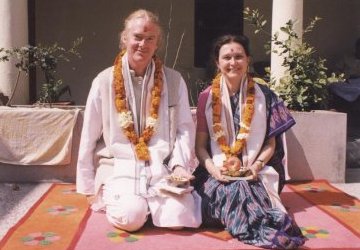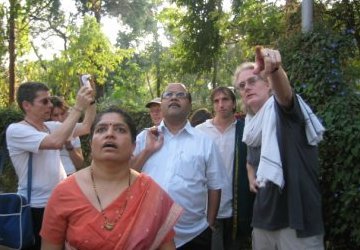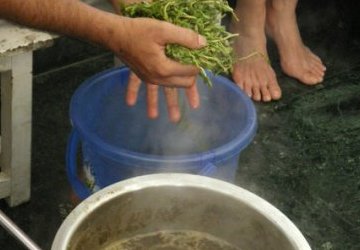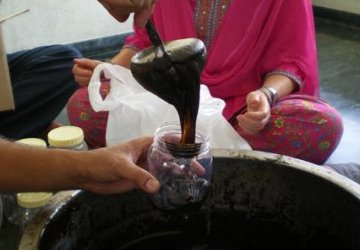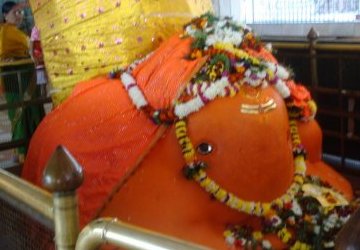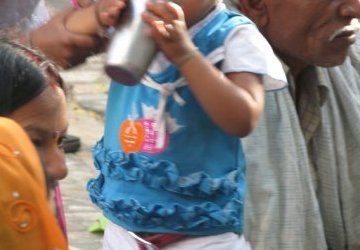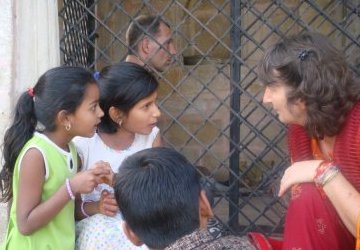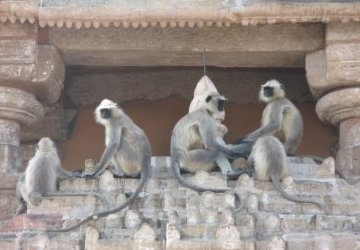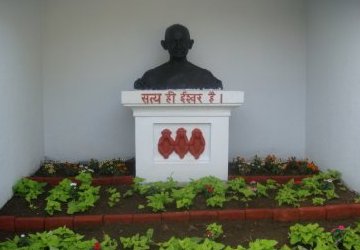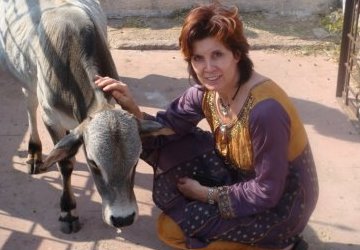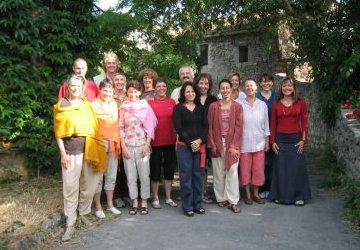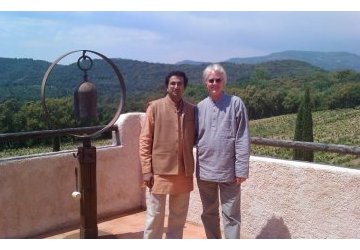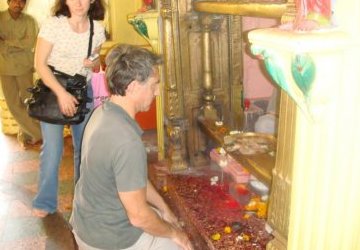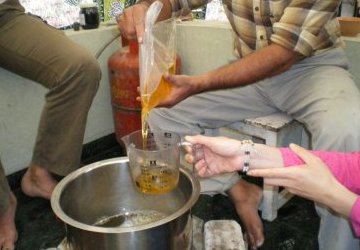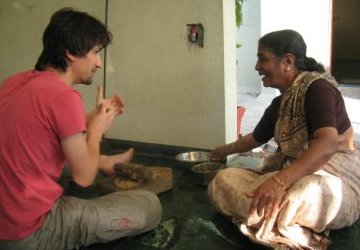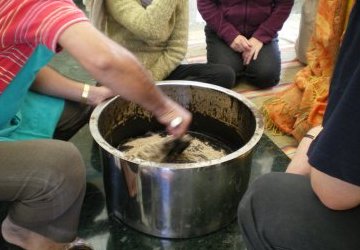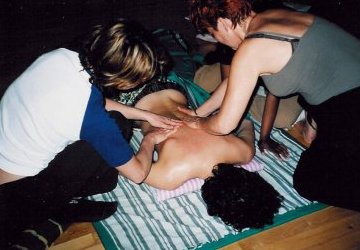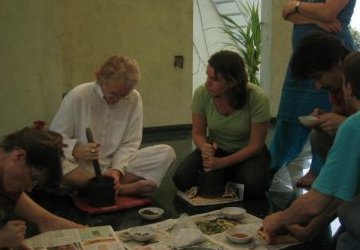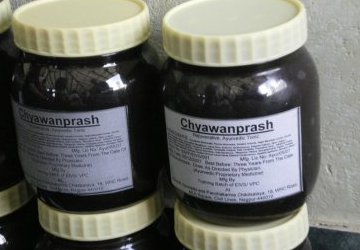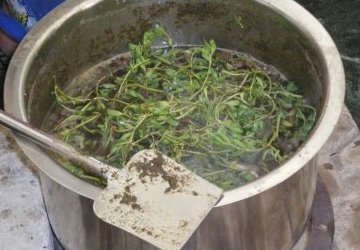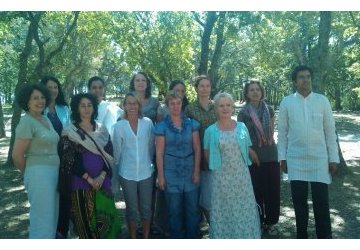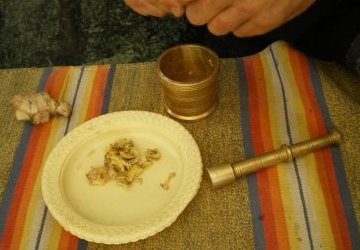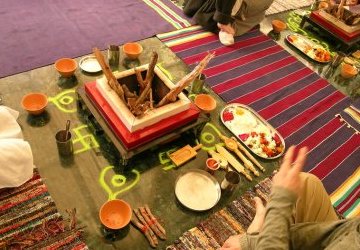The Ayurvedic Understanding of Aphrodisiacs
Perhaps the most important aspect of life for humans is sex and sexual relations. The ancient Ayurvedic system felt that this aspect of life was important enough to devote a whole branch of medicine to its study. This special branch of medicine is called Vajikarana in Sanskrit - the language of Ayurveda.
Today we can roughly translate the word Vajikarana as aphrodisiac. However the Indian definition is somewhat different from the Western use of the word. In the West aphrodisiac means ’to arouse sexual desire’. In Ayurveda the same word means ’that which strengthens the body by reinvigorating the sexual organs’. The Ayurvedic point of view is that by increasing the strength of the sexual organs the overall health of the body is increased. The secondary effects of this are healthy children, increased fertility for both sexes, and depending on the dosage - and health of a person - increased enjoyment during lovemaking.
This view is not unique to ancient Indian medicine. The Chinese also maintain a similar view in their system. However, there are several important differences between the systems. Both systems recognize that a substance with similar properties imparts these properties to the person consuming them. Therefore, the Chinese system often uses the genitals of animals and insects to increase the strength of the reproductive organs. Aside from being disgusting this practice has disadvantages both psychologically and physically. Ayurveda achieves better results by using special plants and foods that not only promote vigor to the reproductive organs but also promote love and contentment psychologically.
Ayurveda states that if a person is having sexual relationships then they should take aphrodisiacs. The logic behind this statement has to do with their understanding of human anatomy and the eventual effect of food on the body. Food itself is considered an aphrodisiac in Ayurveda because after nourishing different tissues of the body - such as muscle, fat and nerves - it nourishes the reproductive fluids or Shukra. According to the Ayurvedic system Shukra is the sperm of the man and the ovum of the woman or their potential to create life. The healthier these substances are the healthier a child will be on conception.
For young people who are not ready to have children aphrodisiacs are important for several reasons. The first is that the use of aphrodisiac plants maintains the overall health of the body and prevents general health problems. This is because the immunity of the body is directly linked to the health of Shukra. The second is that the mind can become disturbed or excessively nervous if Shukra is low. By using aphrodisiacs the mind is better able to maintain an equilibrium and to focus on mental work. Another important point is that - according to Ayurveda - a strong Shukra will help to protect both sexes from diseases of the reproductive organs. Finally, the daily use of aphrodisiac herbs over a period of a month or several months will increase the capacity for a couple to enjoy love making for longer periods of time.
In closing it should be noted that aphrodisiacs cannot be taken if the body is unhealthy or full of undigested food matter (i.e., toxins or ama). A person should be in good health to benefit from the use of these herbs. It also should be noted that the prolonged use of these herbs is considered to be safe. Below are only a few of the many herbs available that can be used as an aphrodisiac. One should also remember that no substance is a replacement for love and that the ancient Ayurvedic texts state that the best aphrodisiac is a beautiful woman for a man or a handsome man for a woman.
Some Aphrodisiacs for men
| Name | Description | Preparation & Dosage |
|---|---|---|
| Ashwagandha, Withania somnifera | Literally means ’smells like a horse’ as it imparts the power of a stallion. | Dose is 2-6 grams per day. |
| Bala, Sida cordifolia | Literally means ’strength’ as it improves the strength of the body. | Dose is 2-6 grams per day. |
| Kapikacch? Mucuna pruriens | It is perhaps the strongest aphrodisiac in Ayurveda. | To use it as an aphrodisiac make a decoction of 3 to 4 grams per 200 ml water (or milk), cool and drink. |
| Shatavari, Asparagus racemosus | Literally means ’she who possesses 100 husbands’ as it increases the capacity for love making. | Dose is 2-6 grams per day. |
Some Aphrodisiacs for women
| Name | Description | Preparation & Dosage |
|---|---|---|
| Shatavari, Asparagus racemosus | Literally means ’she who possesses 100 husbands’ as it increases the capacity for love making. | Dose is 2-6 grams per day. |
| Kumari, Aloe vulgaris | Literally means ’like a young girl or virgin’ as it imparts the energy of youth to the reproductive system. | Dose is one soup spoon of gel once each morning (with a little ginger powder if needed). |
| Bala, Sida cordifolia | Literally means ’strength’ as it improves the strength of the body. | Dose is 2-6 grams per day. |
| Lotus Nelumbo nucifera | Lotus seeds are an excellent heart tonic and aphrodisiac. The seeds combine well with other aphrodisiacs like Shat?vari. | Dose is 1-2 grams per day. |
© Atreya 2007







